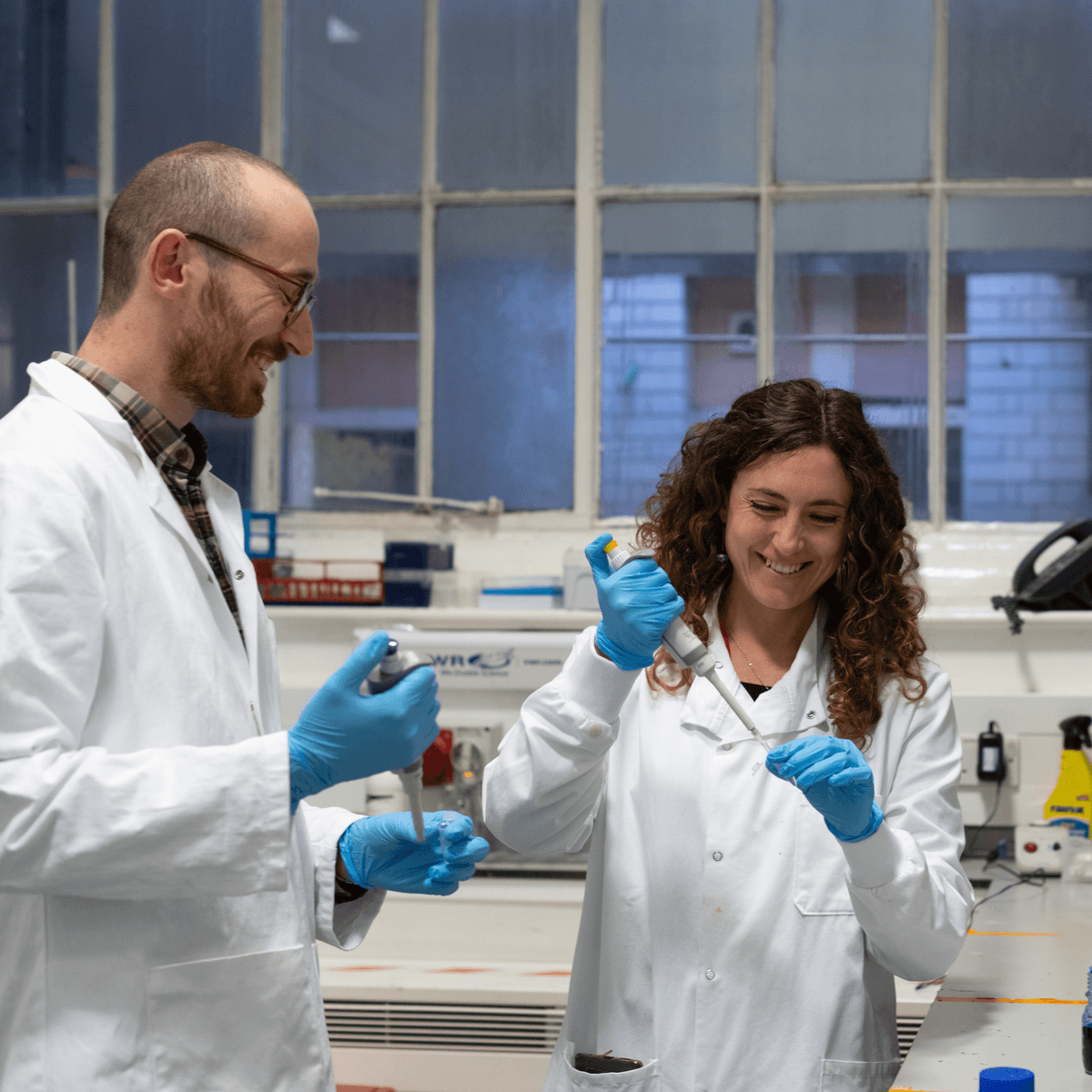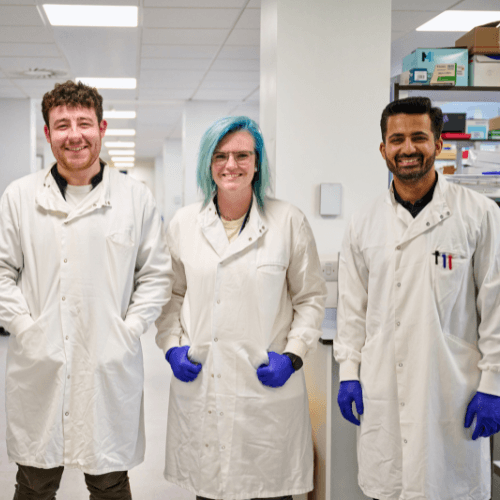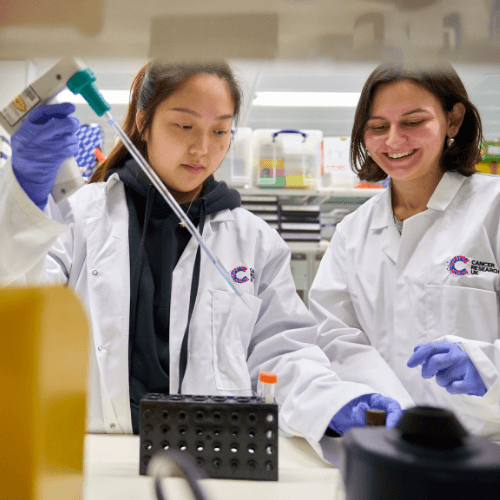
Knowing who we fund is fundamental to tackling inequalities.
We are transparent about who applies for our research grants, and who they are awarded to – including publishing diversity characteristics such as age, disability, ethnicity and gender.
Read our 2023 diversity data reportWe invest in world-class research, and we know to remain world-class, it needs to be undertaken by a diverse and inclusive community.
Since our 2021 equality, diversity and inclusion action plan, we’ve been changing how we fund research to help overcome the shortcomings revealed by our diversity data.
We have made progress. Overall success rates for men and women who apply for our funding are equal, we’re receiving increasing numbers of fellowship applications from people from ethnic minority backgrounds and we’re providing targeted support to encourage more Black students into cancer research. But we’re not satisfied that we’ve made enough progress toward the truly diverse research community we’re aiming to create.
Our 2023 report details the steps we’re taking and the initiatives we’re supporting to realise this ambition.
Overall success rates for men and women who apply for our funding were equal.
The proportion of applications from and awards received by researchers from an ethnic minority background both increased, to 23% and 21% respectively.
The percentage of applicants from Black / African / Caribbean / Black British backgrounds remained at 1%, which is lower than the UK biosciences academic staff population at 2%.
The percentage of our lead applicants declaring a disability remained at 2%, lower than the proportion of UK biosciences academic staff who reported a disability at 4%.
51% of our committee members were women.
The proportion of researchers from an ethnic minority background on our funding committees was in line with our target of 20%.
As of the time of the 2023 report, no committee members were from Black backgrounds.
Nearly 60% of PhD students at our institutes were women, however the proportion of women group leaders remained at less than one-third.
The number of staff at our institutes from an ethnic minority background increased to 25%.
5% of staff at our institutes declared a disability, reflecting the sector average.
Read our 2022 diversity data report(PDF, 1.06 MB)
Read our 2021 diversity data report(PDF, 3.8 MB)

Our EDI in research action plan lays out the steps we aimed to take between 2021-2023 to develop an equal, diverse and inclusive research community.

EDI is a fundamental pillar in our research culture framework. Made up of six key areas, our research culture framework will help us build a community of world-class researchers who will help drive our ambition.

Our diversity data report and EDI in research strategic approach is part of our organisation-wide EDI strategy to make us the best charity we can be, which reflects the communities we serve and that people are proud to work and volunteer for.